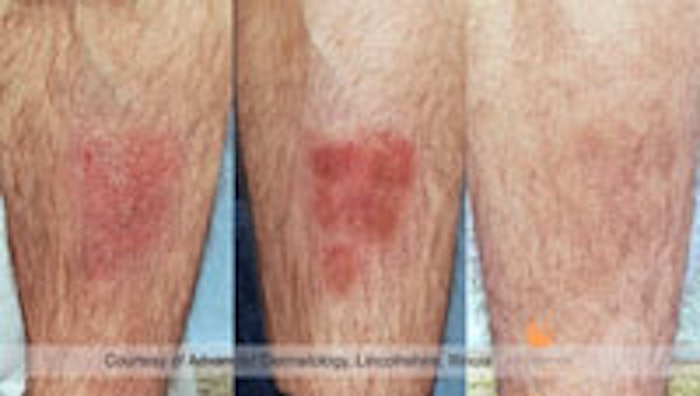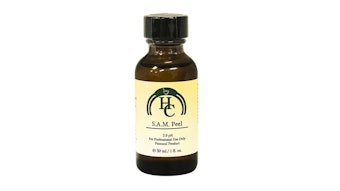
What is psoriasis? Psoriasis is a chronic skin condition that impacts nearly 6 million Americans. Those with psoriasis often have red patches of skin with thick, white scales commonly on the elbows, knees and scalp. Aside from the way it looks, psoriasis is often itchy, irritating and messy, including lots of flaky, shedding skin.
With psoriasis, some part of the skin’s immune system is overactive, speeding up the skin’s metabolism. Normal skin renews itself every 60 days; psoriatic skin only takes nine days.
Chicago-area dermatologist and skin care authority, Amy Forman Taub, MD, is the medical director of Advanced Dermatology, founder of Skinfo.com, and assistant clinical professor, Northwestern University Medical School, department of dermatology. Taub has treated hundreds of cases of psoriasis, all with patience and persistence, and has found several treatment options that offer relief and a better quality of life for psoriasis sufferers.
- Laser. A 308nm laser provides targeted phototherapy treatment for psoriasis offering safe, effective and lasting results. This laser uses a focused beam of ultraviolet light on the affected skin area avoiding exposure to healthy skin.
- Topical agents. In mild psoriasis, where less than 10% of the body surface is affected, topical creams, ointments, gels and lotions are often applied first. These usually consist of steroids, vitamin D derivatives, retinoids (vitamin A derivatives) and tar-based topical treatments. The most common is a steroid because of its anti-inflammatory properties and because it also decreases the redness and scaling relatively quickly. Visit skinfo.com to learn more about which creams and lotions work.
- Oral or injectables. When psoriasis is more severe or light treatments or topicals have failed, oral or injectable solutions may be considered. They work by decreasing the metabolism in overactive cells thereby decreasing the rapidity with which psoriatic skin is made helping to normalize it. In addition, sufferers now have biologic medications available, also known as “designer” drugs, which attack specific molecular targets in the immune system.
Dr. Taub tells SkinInc.com exclusively about possible psoriasis treatments that are currently in the works.
Awaiting U.S. Food and Drug Administration (FDA) approval, new biologic agents are being investigated at a very rapid pace. New receptor molecules have been identified as targets (called IL-23 receptors) that may be even more specific than the agents that are known about today. The older biologics have undergone many years of study, and the dermatologic community is finally feeling more confident about the long-term safety of these agents as a result of this data. In fact, there may even be some negative consequences of not treating psoriasis. More data is pointing to the fact that having unchecked psoriasis could lead to an increased risk of cardiovascular disease, leading many dermatologists to push more toward treatment as being more conservative.










